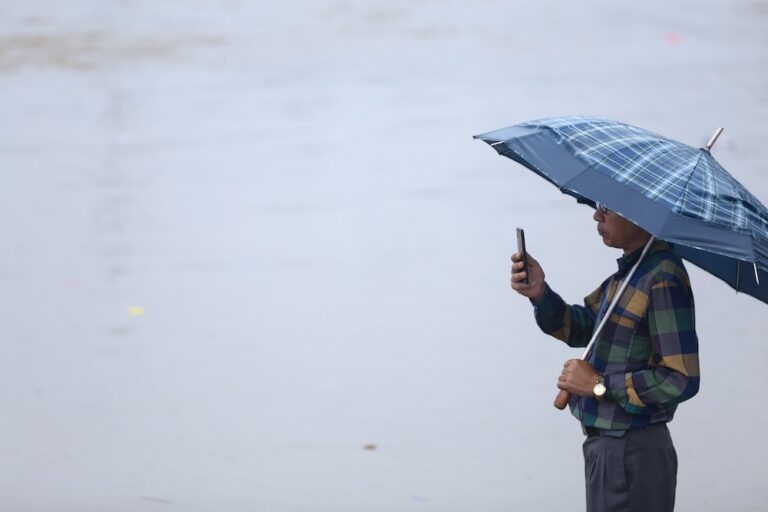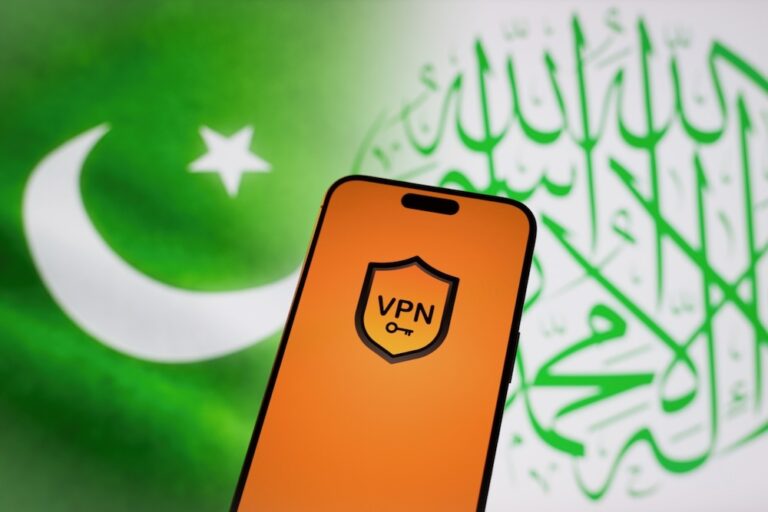SEAPA marks World Press Freedom Day with the release of 10 country reports on the situation of press freedom in the region.
(SEAPA/IFEX) – Bangkok, 3 May 2012 – The Southeast Asian Press Alliance (SEAPA) marks World Press Freedom Day with the release of 10 country reports on the situation of press freedom in the region and the following statement:
In 2011, the control of most Southeast Asian states over their respective national press has been put under severe challenge as the media landscape shifts online and away from traditional broadcast and print media. Everywhere in the region Internet access has been rising, and social media use — especially as an alternative and quicker source of news and information — has been increasing.
This development highlights the rising importance of the issue of freedom of expression as a general concern of the public and not merely for the press. As online news grows in audience and importance, particularly with the integration of the more participatory social media interfaces, Southeast Asian peoples are claiming online space to underline the long-standing demand for press freedom.
While most Southeast Asian states and their business proxies continue to dominate the mainstream media — newspapers, radio and TV, many outlets have begun to venture into the World Wide Web. Mainstream media are putting up online versions of their usual fare of news and information ‘acceptable’ to the establishment.
However, these sites now face new competitors in the form of alternative online news websites and blogs, which are proliferating as their national populations continually search for more relevant information, and, perhaps more importantly, freer channels of expression.
Based on the 2011 country reports prepared by SEAPA with its members and partners, only the governments of Philippines and Timor Leste seem to have not made any effort to control online information. SEAPA observes that the rest of the countries — Burma, Cambodia, Indonesia, Laos, Malaysia, Singapore, Thailand and Vietnam — have all taken measures to control information online or penalize persons who violate established prohibitions that protect national security as well as dominant cultural norms.
In most countries, online news and information has been the most frequent source of attacks against journalists and bloggers who dare to relay important news and commentary that normally would not find space or airtime.
However, many countries are finding laws that impose control over traditional media are inapplicable to the internet, which until recently has not been a big concern in many countries because of poor access.


